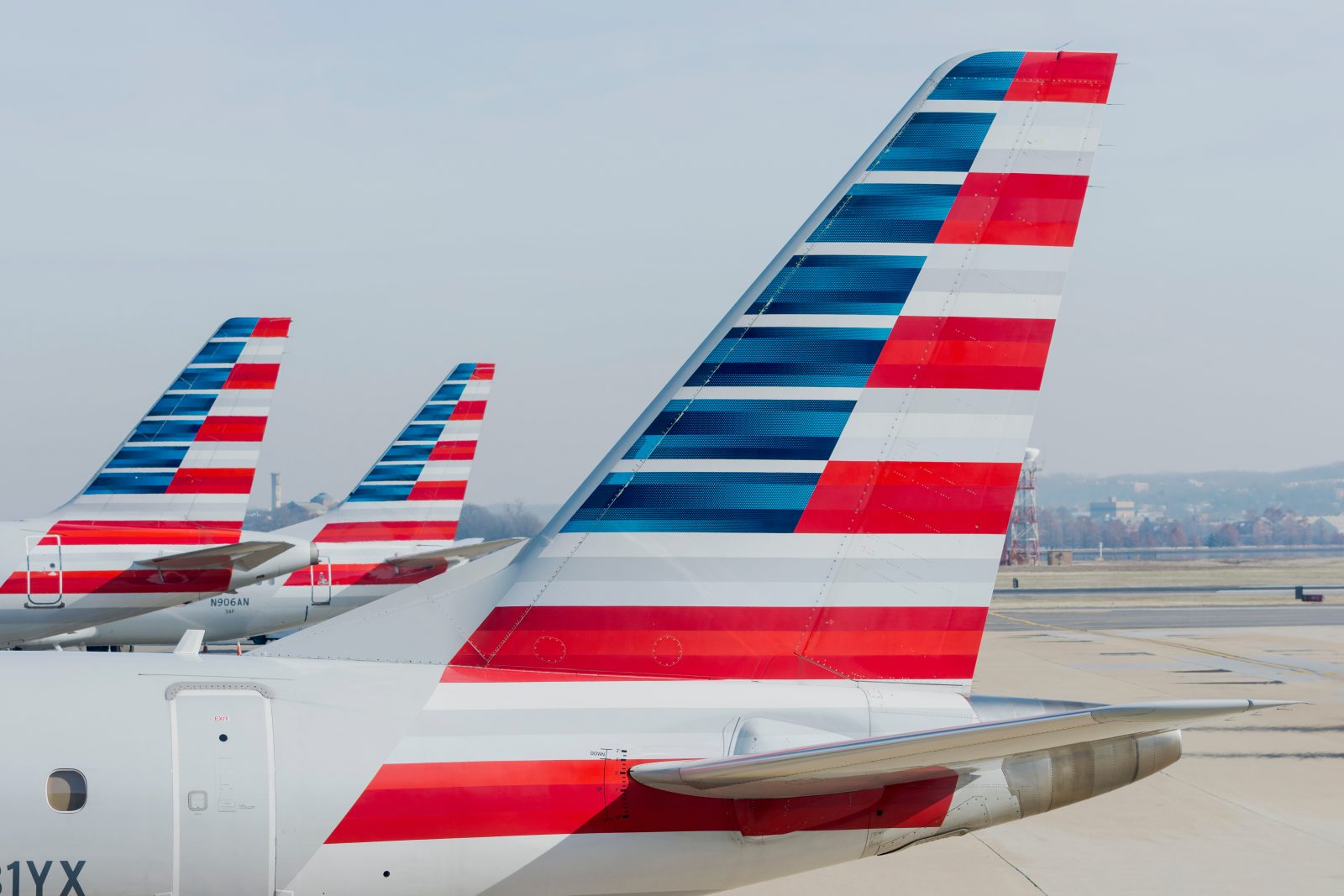
American Airlines CEO Robert Isom has blasted his own employees over a controversial incident in which eight black men were removed from a flight at Phoenix Sky Harbor over false allegations that they had pungent body odor.
The incident took place back in January but only came to light last month when three of the eight men forced off the New York-bound plane filed a lawsuit against American Airlines for “blatant and egregious race discrimination”.
In the wake of the highly publicized lawsuit, the NAACP threatened to slap American Airlines with a travel advisory for the second time, warning Black Americans not to travel with the carrier unless it delivers a ‘swift and decisive response’ to recent incidents.
That ‘swift and decisive’ response now appears to have come in the form of a leaked internal memo in which Isom criticized his own employees and promised a slew of measures to prevent future discriminatory behavior.
In the memo, which was shared by trusted aviation insider JonNYC on X, Isom said the removal of the eight, unrelated men was “unacceptable” and that he was “incredibly disappointed” by what happened during the January 5 flight.
—JonNYC
(@xJonNYC) June 18, 2024
“We have a shared mission at American Airlines. Every day and on every flight, we strive to cultivate a sense of community and provide a travel experience where everyone feels welcomed, valued and safe,” Isom said.
“It is important we address and unacceptable incident where eight Black passengers were temporarily removed and reboarded on one of our flights.”
The memo continued: “I am incredibly disappointed by what happened on that flight and the breakdown of our procedures. It contradicts our values, what we stand for, who we are and our purpose of caring for people on life’s journey”.
Isom admits that American Airlines “failed our customers” and “fell short of your commitments” before announcing that the Fort Worth-based carrier must do more to “listen, learn and grow”.
Addressing the NAACP’s travel advisory threat, Isom says he has now spoken to the organization’s President and CEO, Derrick Johnson and has agreed a series of measures to stamp out discrimination at the airline.
These measures include creating a new excellence and advisory group focused on “improving the travel experience for Black customers”. Isom has also announced a new diversity training package, which will be in addition to the annual diversity education that already takes place.
Isom promised a review of policies, practices and protocols, as well as AA’s organizational culture, which includes the process by which passengers can be removed from flights, while staffers will be encouraged to report unacceptable behavior.
During the January 5 incident, AA employees seemingly removed every Black male passenger from Flight 832 over allegations they had offensive body odor. Gate agents then tried to rebook them onto other flights but when it became apparent that all other flights from Phoenix to New York were fully booked, the men were allowed back on their original flight.
As the men reboarded the aircraft, they had to endure the stares of the mostly white passengers who “viewed them as the cause of the substantial delay”.
NAACP President & CEO Derrick Johnson said the organization would be forced to reinstate its travel advisory against American Airlines unless it took a “swift and decisive response”.
The NAACP issued its travel advisory in the Fall of 2017, warning Black Americans that they faced “disrespectful, discriminatory or unsafe conditions” if they traveled with American Airlines.
The advisory was only lifted in July 2018 after AA introduced implicit bias training and created an advisory panel.
Mateusz Maszczynski honed his skills as an international flight attendant at the most prominent airline in the Middle East and has been flying ever since... most recently for a well known European airline. Matt is passionate about the aviation industry and has become an expert in passenger experience and human-centric stories. Always keeping an ear close to the ground, Matt's industry insights, analysis and news coverage is frequently relied upon by some of the biggest names in journalism.







